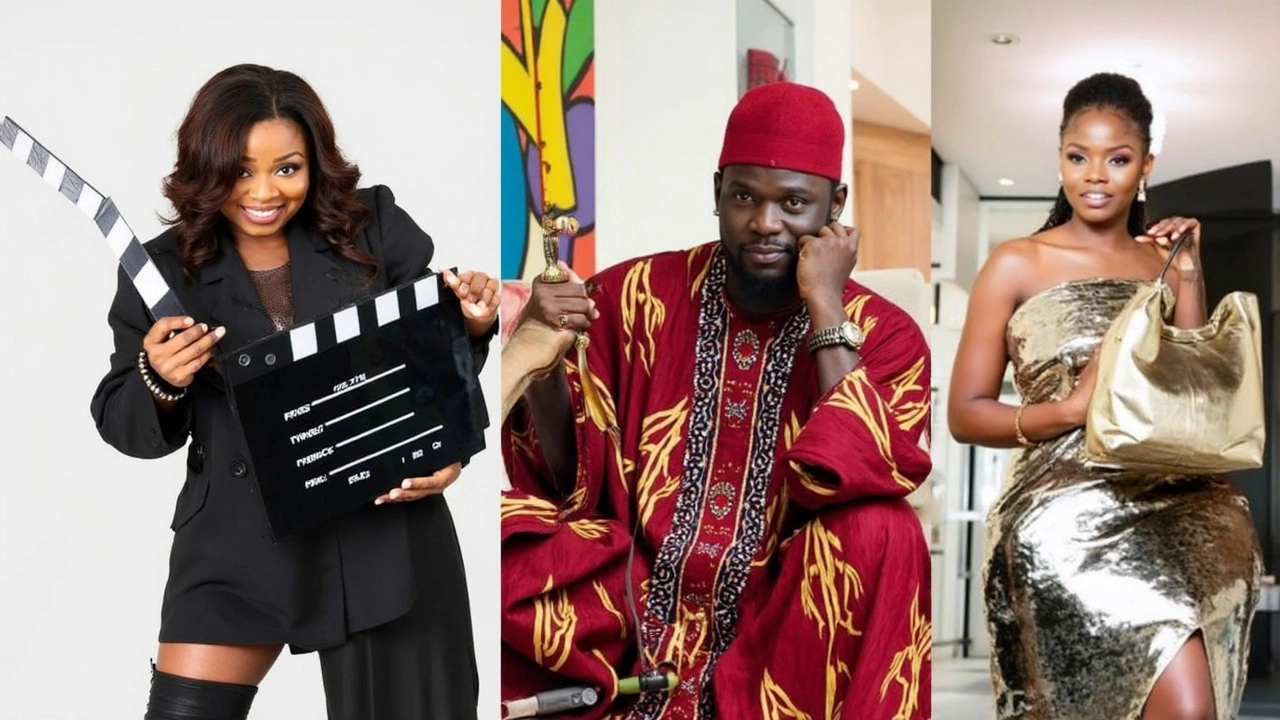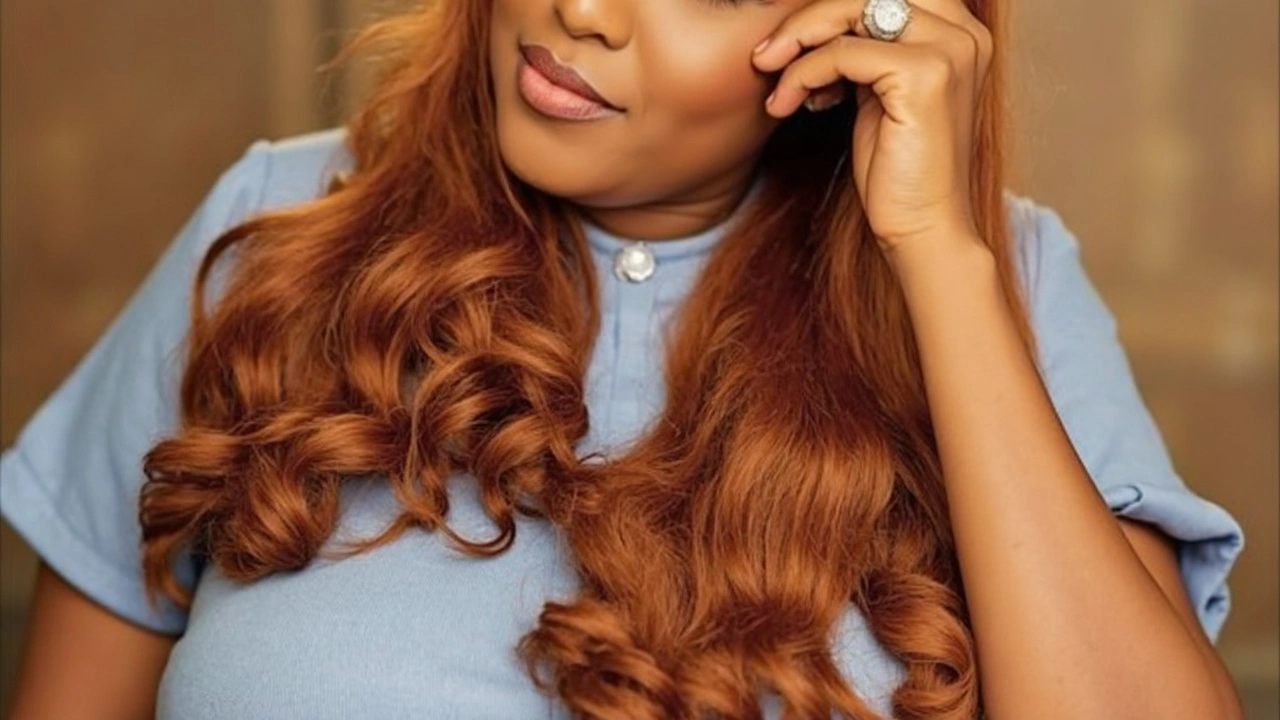Toyin Abraham’s Raw Plea Sheds Light on Cyberbullying in Nollywood
The Nollywood community woke up shaken by actress Toyin Abraham’s startling outcry on Instagram live, where she tearfully admitted feeling pushed to her breaking point. In a moment that left fans both worried and riled, Toyin didn’t hold back: she said she was “ready to die" over the relentless bullying she’s faced online, promising to expose every single person who’d ever defamed or harassed her before she took drastic action. Her words, raw and unscripted, hit a nerve across Nigeria’s entertainment circles and beyond.
Toyin’s break came after days of swirling rumors painting her as a bully herself — specifically, claims that she arrested someone. On the live stream, she denied these accusations outright. “I never arrested anyone," she insisted, pinning the rumor on online trolls with personal grudges. Having to set the record straight this way revealed just how twisted and persistent online harassment can get, especially for those constantly in the limelight.
The reaction online was immediate and passionate. Fans, colleagues, and even organizations like the Oyo State NYSC jumped in, sharing messages of solidarity. Instagram stories filled with hashtags supporting Toyin popped up within hours. Followers started urging each other to stand up against cyberbullying and protect the mental well-being of stars we sometimes forget are human.
This whole ordeal isn’t just about one actress though. Toyin’s situation is the latest chapter in a troubling saga for public figures in Nigeria. The web might have made celebrities more accessible, but it’s also given bullies a direct line, often hidden behind faceless profiles. For Nigerian actors and musicians, the pressure isn’t just about delivering hits or blockbuster roles. It’s about coping with a deluge of negativity — every photo, every word, every rumour can become ammunition for relentless personal attacks.
The impact goes well beyond bruised egos. Mental health struggles are now openly discussed in Nollywood, with more celebrities sharing their difficulties dealing with depression, anxiety, or the feeling of being constantly watched and criticized. According to a recent poll of Nigerian entertainers, most say they’ve experienced harassment severe enough to affect their mood or focus at work. For someone in Toyin’s position, the stakes are brutally high: while fame brings fans and opportunities, it can also make her a target.
Yet this episode might mark a turning point, pushing the conversation past hashtags and into calls for practical change. Some stars have started pushing for stricter laws around online defamation and abuse. Others encourage studio heads and producers to offer counseling support for cast and crew. In the meantime, moments like Toyin’s Instagram live force us — fans and critics alike — to ask what our responsibility is when we hit that "send" or "share" button. If anything, her emotional honesty cracked open a door, showing that behind every headline is a real person struggling to hold on.

Nollywood's Ongoing Struggle With Mental Health Awareness
The truth is, the Nigerian entertainment industry has been slow to tackle the mental toll of stardom. Support systems are patchy, and the stigma around mental health means many stars keep their struggles quiet for fear of backlash or career damage. Social media, meant to bring celebrities closer to their audiences, often feels more like an ambush than a bridge.
So where does this leave Toyin Abraham and the many other public figures facing similar storms? Only time will tell if this outcry sparks real change in how Nigeria — and especially online communities — treat issues of cyberbullying and mental health. For now, at least, the conversation has burst defiantly into the open. And if Toyin’s courage gets more people talking honestly about what it really means to live in the public eye, maybe something good can come out of this bruising ordeal.


Kerry Keane
June 28, 2025 AT 19:24Joshua Johnston
June 29, 2025 AT 00:52Shelby Hale
June 29, 2025 AT 03:11Elliott martin
June 30, 2025 AT 12:38Jeffrey Frey
June 30, 2025 AT 23:57Jeremy Ramsey
July 1, 2025 AT 03:30Henry Huynh
July 2, 2025 AT 04:36Don McBrien
July 2, 2025 AT 21:55Ed Thompson
July 4, 2025 AT 02:00Sara Reese
July 4, 2025 AT 05:58Richie Cristim
July 4, 2025 AT 20:55Lindy Loo
July 6, 2025 AT 05:12Lisa J
July 7, 2025 AT 15:24Bronwen Davies
July 8, 2025 AT 11:10Aquilino Mcquiston
July 9, 2025 AT 11:59Cindy Crawford
July 9, 2025 AT 13:58Markos Charatzas
July 10, 2025 AT 15:30Lena Michaels
July 12, 2025 AT 04:18